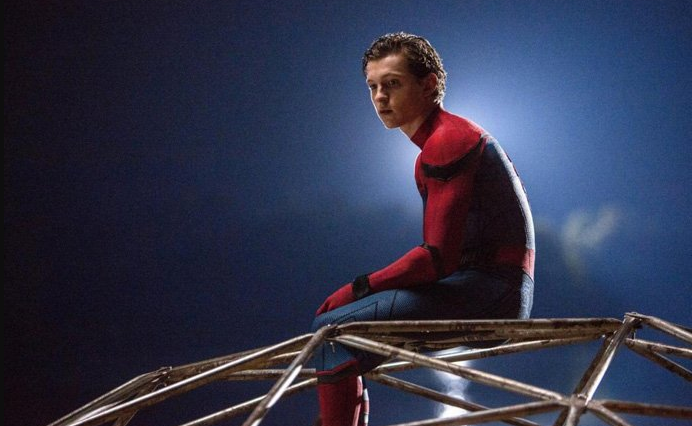Spider-Man: Homecoming is rarely dull, but you already knew that. Even the least notable additions to the Marvel series zip along, distracting even when not impressing. But the problem with Marvel being as everywhere as it is is that in order to maintain audience interest, the films eventually need to start distinguishing themselves from one another. It’s not enough to have a fresh formula when ubiquity renders that freshness stale. To paraphrase one of the finest comic book films, victory may be defeating Marvel.
Augmenting that dilemma is the reality that Jon Watt’s Spider-Man: Homecoming also has five other Spider-Man films in recent memory from which it must, or should, discern itself. There are facets to Homecoming that offer cosmetic differences, such as that the focal point is Peter Parker reconciling his extraordinary abilities with the ordinariness of his high school life. But it’s superficial. The weaker elements of Homecoming are the areas that Marvel has generally always fallen short, particularly in regards to narrative. The most engaging progression, involving Michael Keaton‘s Adrian Toomes, arrives late in the day and is handled so rapidly that it never makes much of an impact.

Toomes, the salvage company owner responsible for clearing the mess in New York City that was caused in the first Avengers movie, is fired from that responsibility. In one of a number of stretches of logic, Toomes is able to smuggle some of the alien technology out from under the government’s noses, setting himself up as an illegal arms trader; his weaponry adapted to incorporate that very alien technology. It’s a little complicated and a lot implausible. Peter Parker (Tom Holland), frustrated with Tony Stark’s (Robert Downey Jr.) reluctance to officially incorporate him into the Avengers, discovers Toomes’ operation and goes after him.
Holland is wonderful as Peter Parker, bringing a sense of good-nature rare in large-scale productions, although Eddie Redmayne as Newt Scamander in Fantastic Beasts and Where To Find Them comes to mind as another example. Holland projects amiability, knowledge and charisma, but his Peter Parker remains a teenager nonetheless. To suggest that Holland is the definitive Parker in a medium as fluctuating as the comic book film is superfluous, but he certainly brings a lot more to the role than Toby Maguire or Andrew Garfield ever did. Yet because of Maguire and Garfield, so recently occupying the roles themselves, a new Peter Parker is a little difficult to commit to.
Everything about Spider-Man: Homecoming is competent, but competence doesn’t make a great film. Opportunities for deeper consideration are missed, such as Toomes’ comparisons between his own operation and the manner in which Tony Stark became a billionaire – hinted at but neglected. Superhero films dominate Hollywood but we’re living in an era that includes comic book films that consider their subjects thoughtfully, and when they don’t, the lack of thought it more obvious.
“The world is changing,” one character declares, early on in the film, “it’s time we changed with it.” A metaphor for the way Marvel has transformed Hollywood and the pursuit of other studios to replicate their success? Perhaps, an inadvertent one. But also a belated reminder to Marvel itself to reevaluate their own canon of work. Keep treading water and they might just sink.